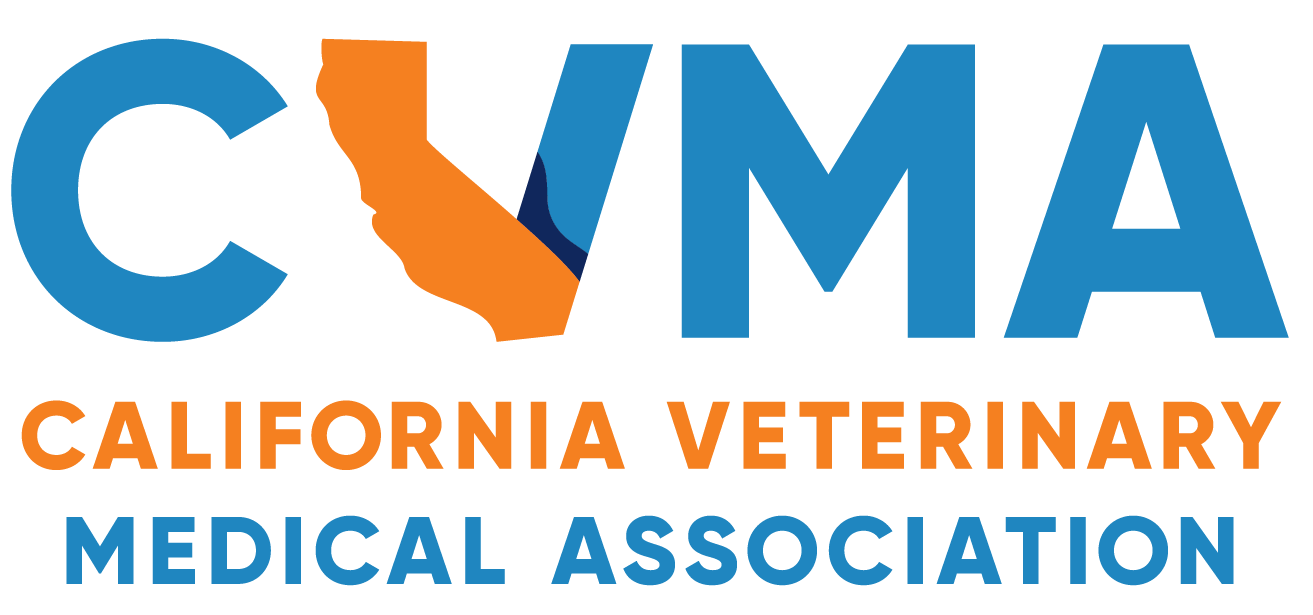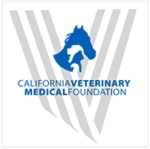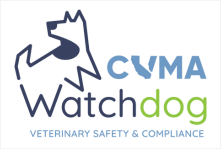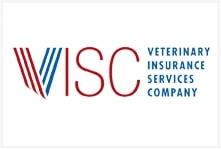This article was originally printed in the May-June 2023 issue of the California Veterinarian magazine.
 On February 28, 2023, California Governor Gavin Newsom issued a proclamation officially ceasing the three-year statewide emergency response to COVID-19 that began on March 4, 2020. Despite many emergency safety measures being decommissioned as a result of this announcement, the non-emergency COVID-19 workplace safety regulations posted by the Department of Industrial Relations Division of Occupational Safety and Health (Cal/OSHA) remain. All California employers are mandated to comply with these regulations. Cal/OSHA non-emergency COVID-19 prevention standards are found in California Code of Regulations (CCR) Title 8, sections 3205-3205.3, as follows:
On February 28, 2023, California Governor Gavin Newsom issued a proclamation officially ceasing the three-year statewide emergency response to COVID-19 that began on March 4, 2020. Despite many emergency safety measures being decommissioned as a result of this announcement, the non-emergency COVID-19 workplace safety regulations posted by the Department of Industrial Relations Division of Occupational Safety and Health (Cal/OSHA) remain. All California employers are mandated to comply with these regulations. Cal/OSHA non-emergency COVID-19 prevention standards are found in California Code of Regulations (CCR) Title 8, sections 3205-3205.3, as follows:
- 3205: General COVID-19 prevention measures required of employers
- 3205.1: COVID-19 workplace outbreaks, including definitions and mitigation/response requirements
- 3205.2: COVID-19 Prevention in Employer-Provided Housing
- 3205.3: COVID-19 Prevention in Employer-Provided Transportation
Employer Requirements Under the Non-Emergency Standards
Cal/OSHA regulations are legal requirements and are thus neither guidelines nor otherwise voluntary. Under these regulations, employers must do all of the following:
- Provide effective COVID-19 hazard prevention training to employees
- Provide face coverings when required by the California Department of Public Health (CDPH) and provide respirators upon request
- Identify COVID-19 health hazards and develop methods to prevent transmission in the workplace
- Investigate and respond to COVID-19 cases
- Notify affected employees of COVID-19 cases in the workplace
- Exclude people testing positive for COVID-19 from the workplace until they are no longer an infection risk and implement policies to prevent transmission after close contact
- Make testing available at no cost to employees, including to all employees in the exposed group during an outbreak or a major outbreak
- Review ventilation guidance provided by Cal/OSHA and CDPH and maintain effective methods to prevent COVID-19 transmission by improving ventilation
- Maintain records of COVID-19 cases and immediately report major outbreaks, employee deaths, serious injuries, and illnesses to Cal/OSHA
- Maintain a written COVID-19 Prevention Plan as a component of the workplace Injury and Illness Prevention Program
The current COVID-19 prevention regulations do not require employers to pay employees while they are excluded from work. Instead, the regulations require employers to provide employees with information regarding COVID-19-related benefits they may be entitled to under federal, state, or local laws, their employer’s leave policies, or by contract.
The Cal/OSHA COVID-19 regulations are in effect now and will remain so for two years, unless Cal/OSHA undertakes efforts to alter this timeframe. The recordkeeping requirements set forth in these sections will remain in effect for three years. Veterinary employers should fulfill these legal requirements, including a written COVID-19 prevention plan, as soon as possible since the law does not provide a grace period for implementation.
Cal/OSHA offers a resource page to assist employers with COVID-19 workplace compliance, which can be access here.
In addition, CVMA members have access to the CVMA Guide to Cal/OSHA Compliance at a low price. It includes a customizable template COVID-19 policy that complies with the most recent Cal/OSHA regulatory changes. The CVMA Guide to Cal/OSHA Compliance is designed specifically for California veterinary practices to assist them with all Cal/OSHA requirements. Visit CVMA Watchdog for more information.
This article is for informational and general educational purposes only. It is not intended to take the place of legal advice, nor should it be considered as a legal interpretation. Although significant effort has been made to ensure the accuracy and completeness of the information at the time of publication, the CVMA shall not be responsible for any errors or omissions, or any agency’s interpretation, application, or enforcement of the information presented herein.







 On February 28, 2023, California Governor Gavin Newsom issued a proclamation officially ceasing the three-year statewide emergency response to COVID-19 that began on March 4, 2020. Despite many emergency safety measures being decommissioned as a result of this announcement, the non-emergency COVID-19 workplace safety regulations posted by the Department of Industrial Relations Division of Occupational Safety and Health (Cal/OSHA) remain. All California employers are mandated to comply with these regulations. Cal/OSHA non-emergency COVID-19 prevention standards are found in California Code of Regulations (CCR) Title 8, sections 3205-3205.3, as follows:
On February 28, 2023, California Governor Gavin Newsom issued a proclamation officially ceasing the three-year statewide emergency response to COVID-19 that began on March 4, 2020. Despite many emergency safety measures being decommissioned as a result of this announcement, the non-emergency COVID-19 workplace safety regulations posted by the Department of Industrial Relations Division of Occupational Safety and Health (Cal/OSHA) remain. All California employers are mandated to comply with these regulations. Cal/OSHA non-emergency COVID-19 prevention standards are found in California Code of Regulations (CCR) Title 8, sections 3205-3205.3, as follows: